
GM - Composers
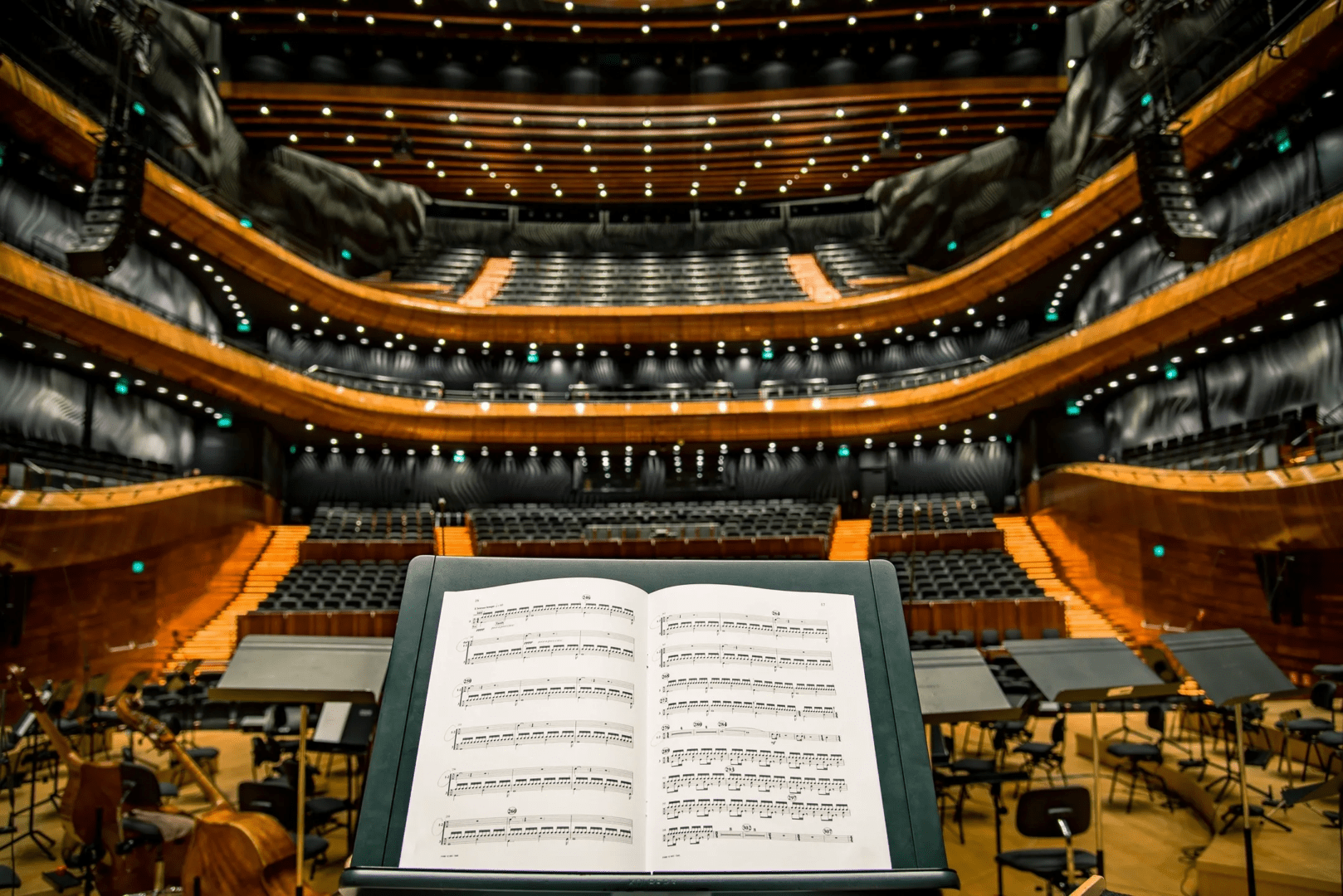
Most of the best-known composers of classical music worked during the last 600 years in the Western tradition. They differed in style, skill, innovation, and popularity, and nothing incites more heated debate among classical music scholars and fans than determining which of these composers are the most essential. The three composers that consistently appear in the top spots are Beethoven, Bach, and Mozart. Scholars and fans vary on the rest, but those listed below are often regarded as some of the most significant.WRITTEN BY: Alicja Zelazko
Medieval (1150-1400AD)
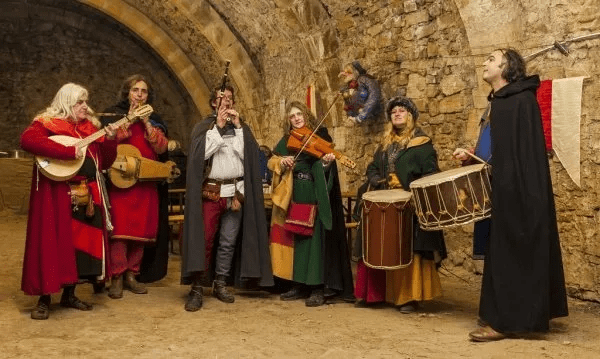
Renaissance (1400-1600AD
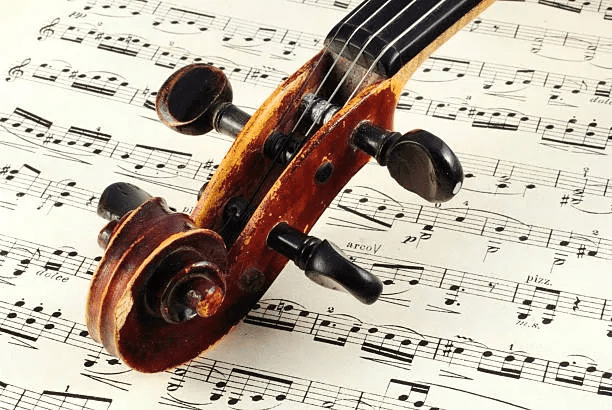
Baroque (1600-1750AD)
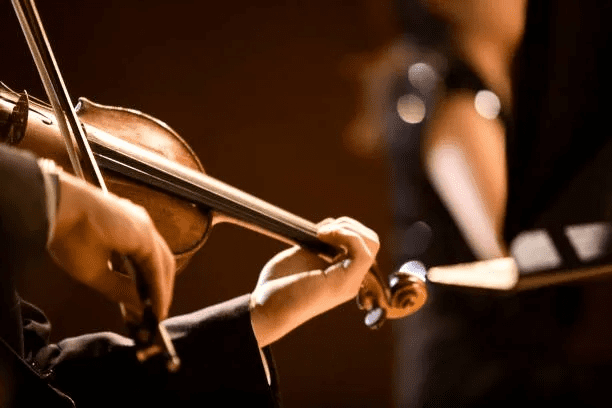
Classical (1750-1830AD)
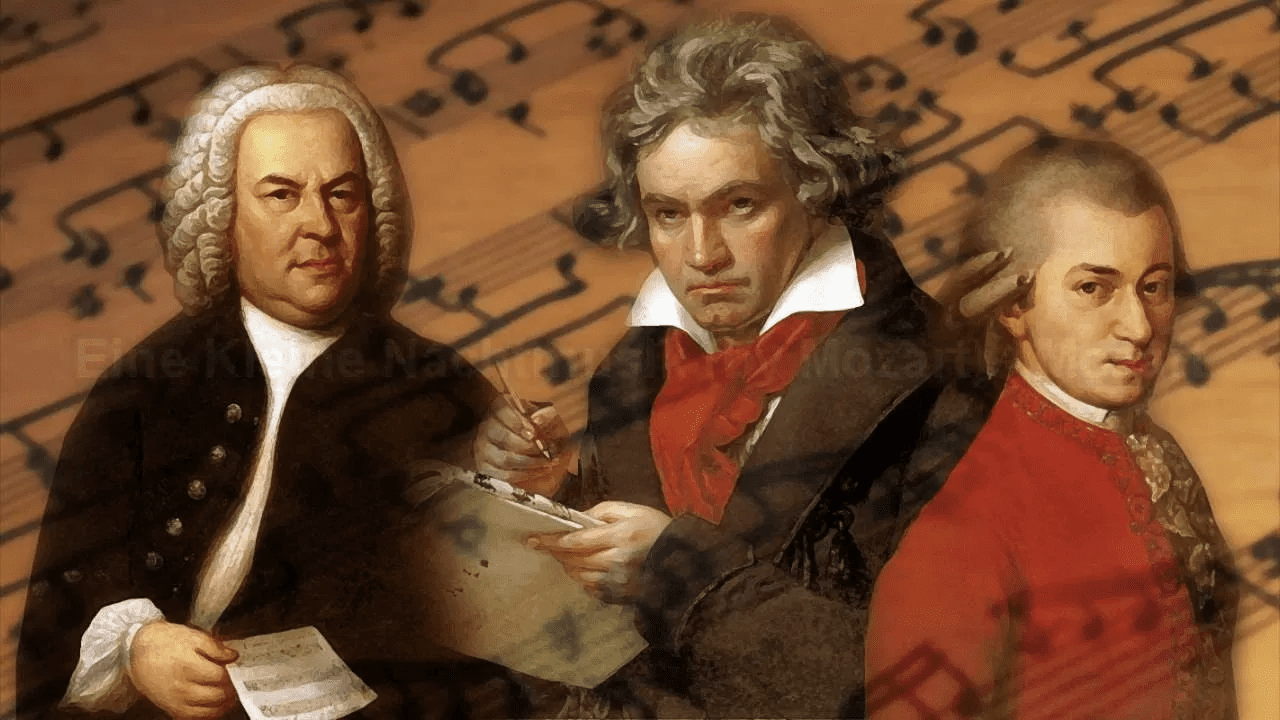
Early Romantic (1830-1860AD)
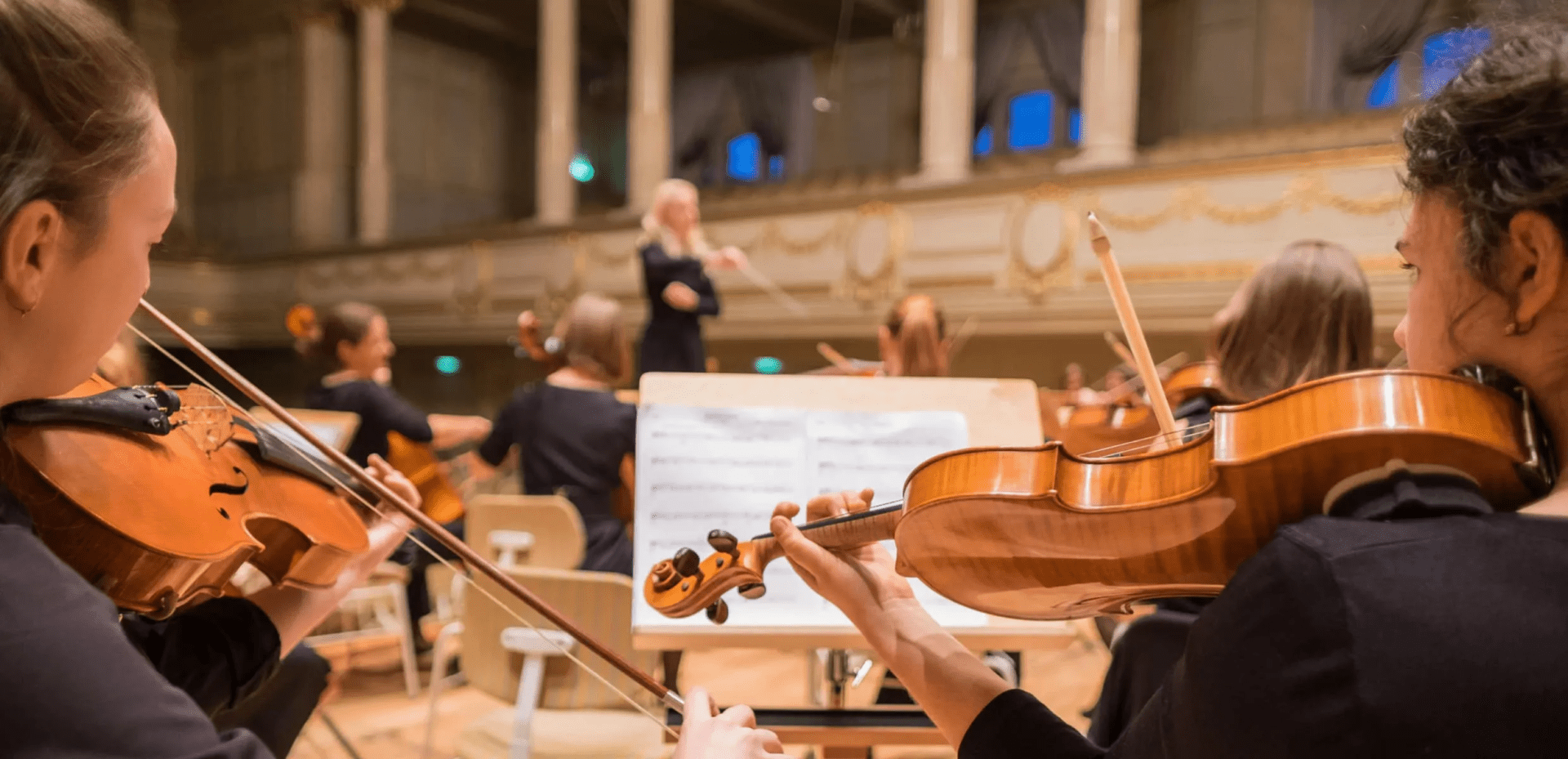
Impressionistic
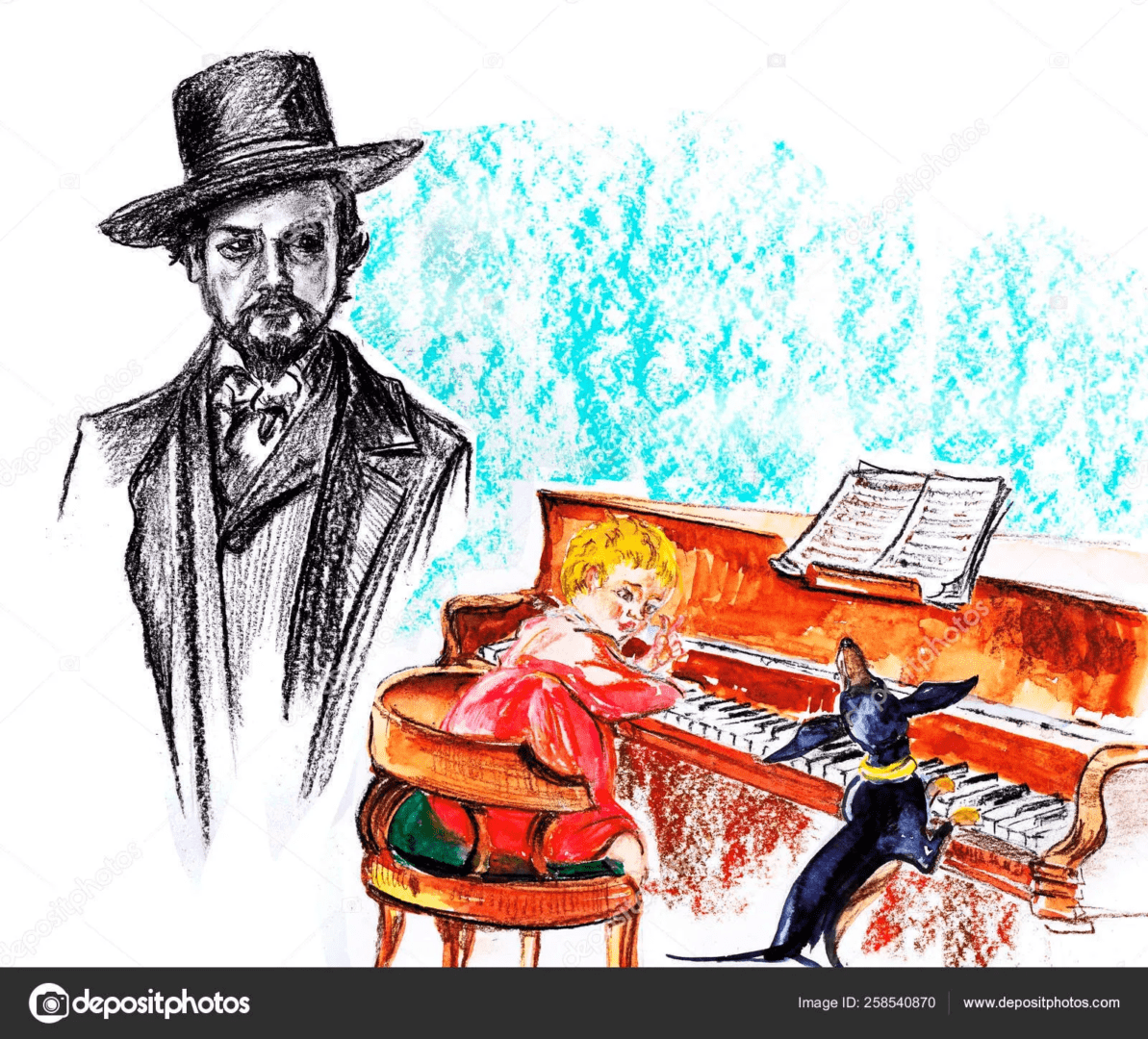
Late Romantic (1860-1920AD)
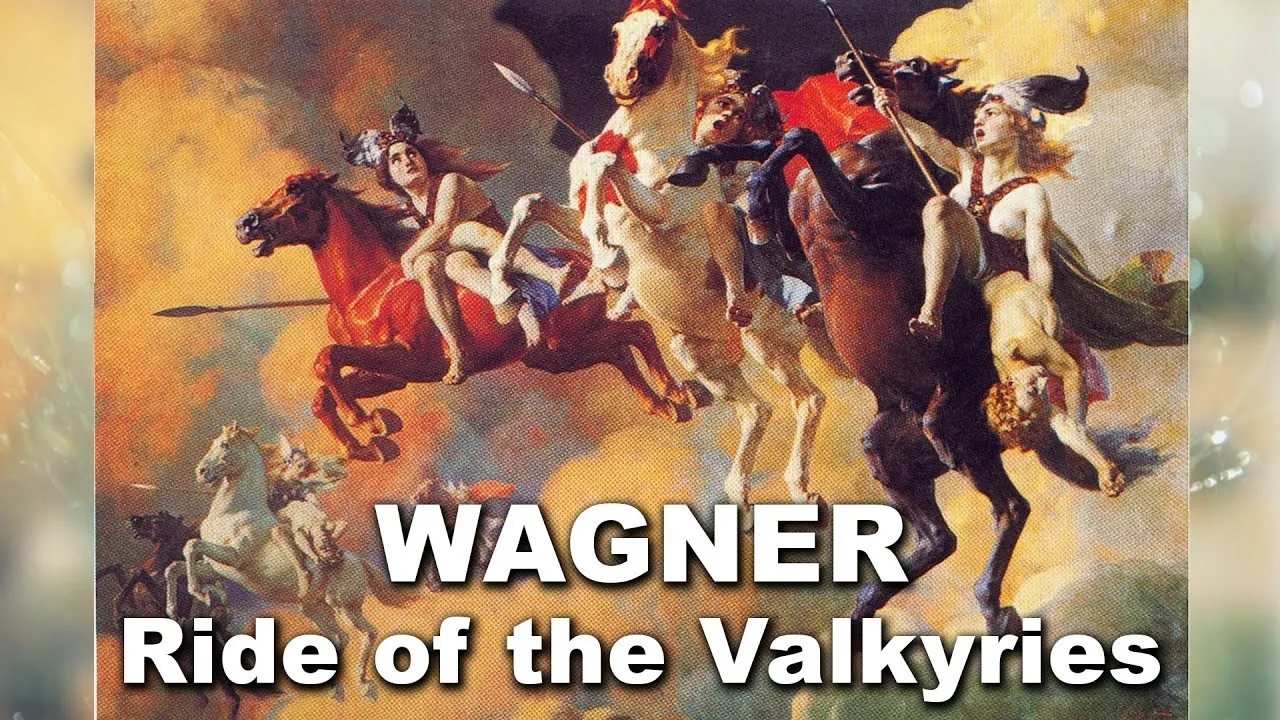
Post 'Great War' Years (1920-presentAD)
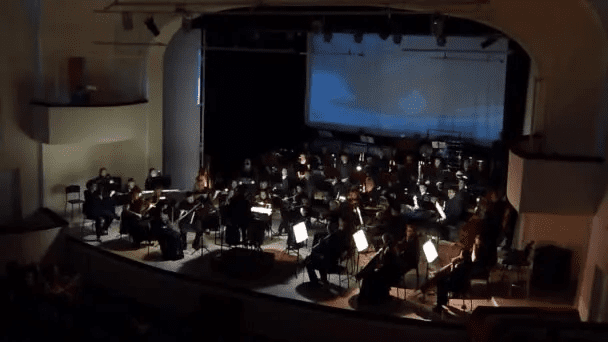
Antonio Vivaldi (1678–1741) Baroque Era
Antonio Vivaldi was an Italian composer and violinist of the Baroque period. He wrote music for operas, solo instruments, and small ensembles, but he is often celebrated for his concerti, in which virtuoso solo passages alternate with passages for the whole orchestra. He wrote about 500 concerti, of which his best-known work is the group of four violin concerti titled The Four Seasons. His Mandolin Concerto in C Major, RV 425, Concerto for Four Violins and Cello in B Minor, Op. 3, No.10 and Concerto for Two Trumpets in C Major are equally playful and complex.
Johann Sebastian Bach (1685–1750)
Johann Sebastian Bach was a German composer and organist of the Baroque period. His contemporaries admired him for his talent as a musician but thought his compositions were old-fashioned. A rediscovery of his work in the early 19th century led to the so-called Bach revival, in which he came to be seen as one of the greatest composers of all time. His most-celebrated compositions include Brandenburg Concertos, The Well-Tempered Clavier, BWV 846–893, Suites for Unaccompanied Cello, BWV 1007–1012, Orchestral Suites, BWV 1066–1069, and Mass in B Minor, BWV 232.
Johann Sebastian Bach (1685–1750)
Johann Sebastian Bach was a German composer and organist of the Baroque period. His contemporaries admired him for his talent as a musician but thought his compositions were old-fashioned. A rediscovery of his work in the early 19th century led to the so-called Bach revival, in which he came to be seen as one of the greatest composers of all time. His most-celebrated compositions include Brandenburg Concertos, The Well-Tempered Clavier, BWV 846–893, Suites for Unaccompanied Cello, BWV 1007–1012, Orchestral Suites, BWV 1066–1069, and Mass in B Minor, BWV 232.
Puccini - 1990 World Cup
3 Football Crazy Tenors singing the famous Aria by Giacomo Puccini.
Josua Bell & Jeremy Denk: NPr Music Tiny Desk Concert
Wolfgang Amadeus Mozart (1756–91)
An Austrian composer of the Classical period, Wolfgang Amadeus Mozart is widely recognized as one of the greatest composers of Western music. He is the only composer to write and excel in all of the musical genres of his time. Rumored to have had the ability to play music at age three and to write music at age five, Mozart began his career as a child prodigy. Notable compositions include The Marriage of Figaro, Elvira Madigan, and Clarinet Quintet in A Major, K 581.
Wolfgang Amadeus Mozart (1756–91)
Ludwig van Beethoven (1770–1827)
The German composer and pianist Ludwig van Beethoven is widely regarded as the greatest composer who ever lived. He expanded the Classical traditions of Joseph Haydn, one of his teachers, and Wolfgang Amadeus Mozart and experimented with personal expression, a characteristic that influenced the Romantic composers who succeeded him. His life and career were marked by progressive deafness, yet the malady did not prevent him from composing some of his most important works during the last 10 years of his life when he was nearly unable to hear. Widening the scope of sonata, symphony, concerto, and quartet, Beethoven’s notable works include Symphony No. 9 in D Minor, Op. 125, Symphony No. 5 in C Minor, Op. 67, Moonlight Sonata, and Für Elise.
Ludwig van Beethoven (1770–1827)
Ludwig van Beethoven (1770–1827)
Pyotr Ilyich Tchaikovsky (1840–93)
Writing music with broad emotional appeal during the Romantic period, Pyotr Ilyich Tchaikovskybecame one of the most popular Russian composers of all time. He was schooled in the western European tradition and assimilated elements from French, Italian, and German music with a personal and Russian style. Some of his best-known works were composed for the ballet, including Swan Lake, The Sleeping Beauty, and The Nutcracker, Op. 71, but they also include Piano Concerto No. 1 in B-flat Minor, Op. 23 and Marche Slave, Op. 31.
Claude Debussy (1862–1918)
The French composer Claude Debussy is often regarded as the father of modern classical music. Debussy developed new and complex harmonies and musical structures that evoke comparisons to the art of his contemporary Impressionist and Symbolist painters and writers. His major works include Clair de lune, La Mer, Prelude to the Afternoon of a Faun, and the opera Pelléas et Mélisande.